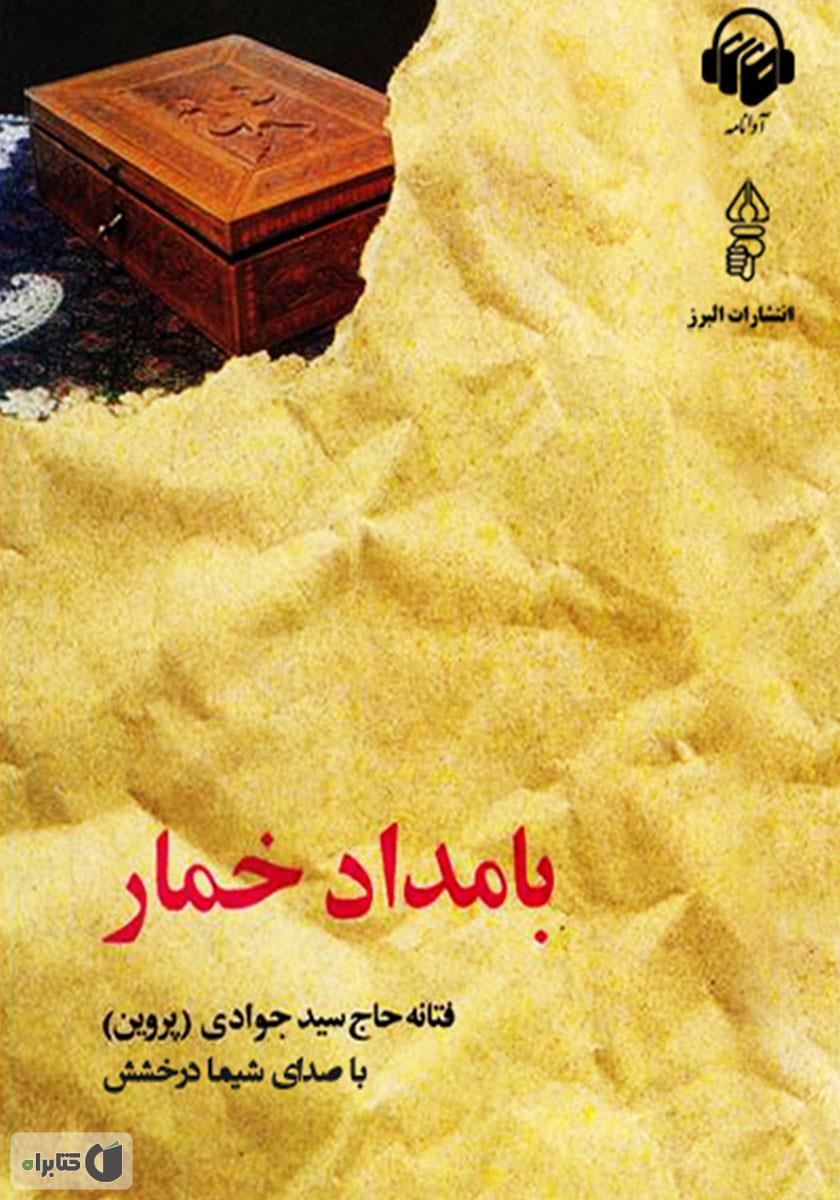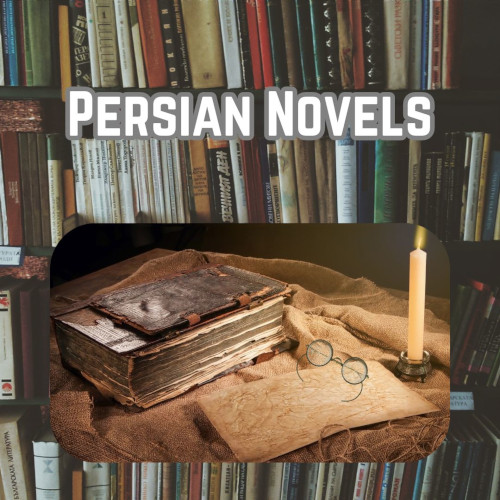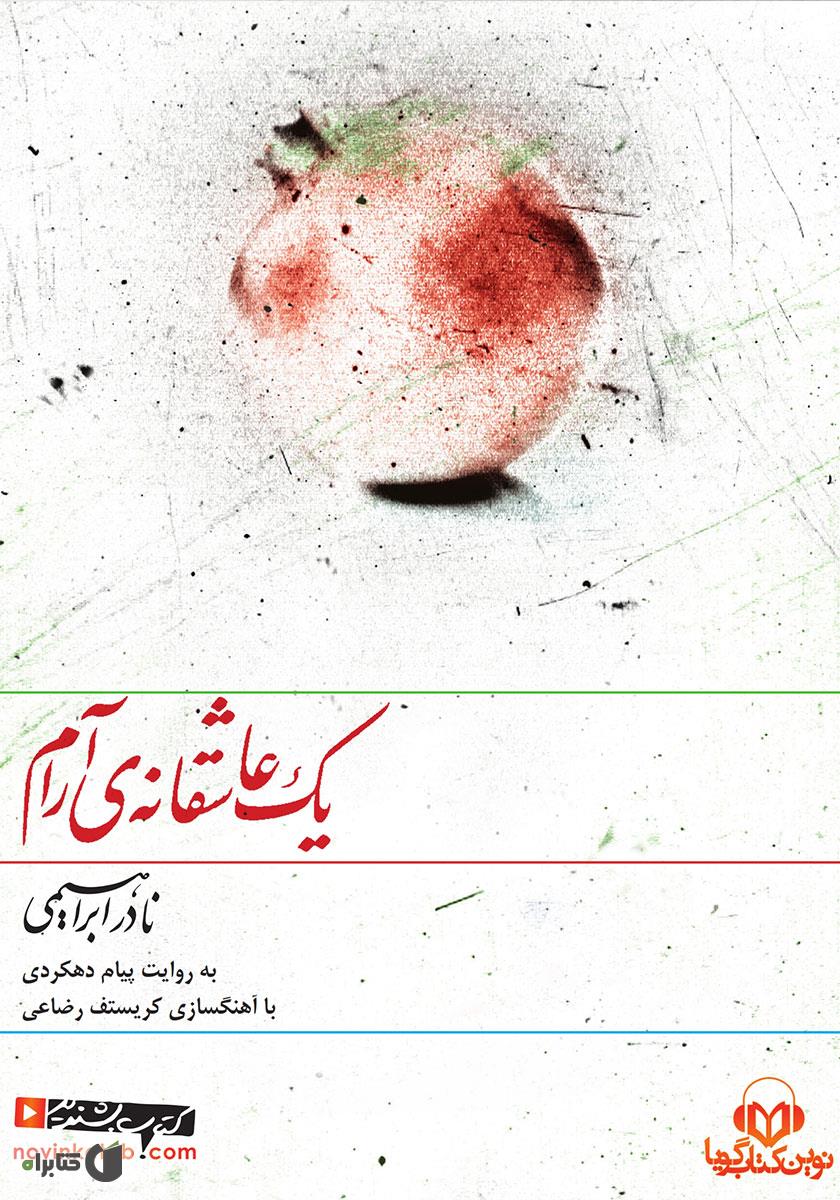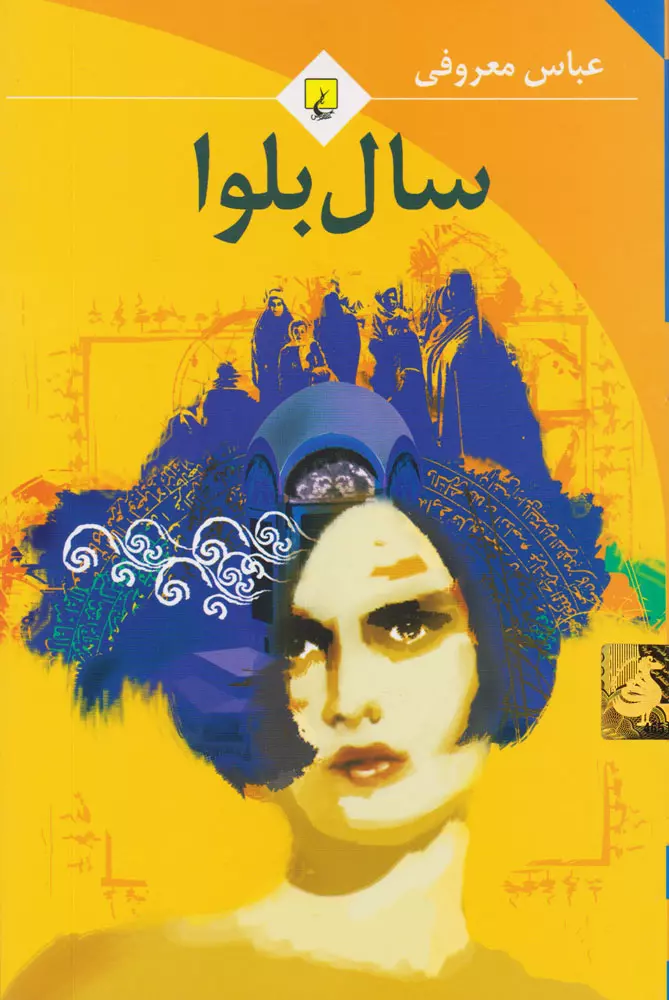Bamdad-e Khomar (The Morning After Drunkenness)

Author: Fataneh Haj Seyed Javadi
Genre: Romance
Publication Year: 2010
Bamdad-e Khomar (The Morning After Drunkenness) by Fataneh Haj Seyed Javadi is one of the most iconic romantic novels in contemporary Persian literature. With sales exceeding 350,000 copies within a decade, it became a cultural phenomenon in Iran, cementing Javadi’s name as a master of romantic storytelling. The novel’s timeless exploration of love, class disparity, and the consequences of impulsive decisions continues to resonate with readers.
The story revolves around Mahboubeh, a young woman from an affluent and respected family, who falls deeply in love with Rahim, a carpenter from a working-class background. Defying societal expectations and her family’s objections, Mahboubeh sacrifices everything to be with Rahim, convinced that love alone can bridge the chasm of their different worlds. However, her romantic idealism is soon challenged by harsh realities, and the consequences of her choice leave a lasting impact on her life.
Through Mahboubeh’s narrative, the novel paints a vivid picture of Iranian society, exploring themes of class conflict, family honor, and the complexity of human relationships. Javadi’s portrayal of Mahboubeh’s journey from youthful passion to maturity and regret is both heartbreaking and thought-provoking. The story serves as a cautionary tale about the fragility of love when confronted with the practical challenges of life, especially in a society where class and tradition heavily influence personal choices.
Javadi’s writing is eloquent yet accessible, making Bamdad-e Khomar appealing to a wide audience. The novel’s rich descriptions, emotional depth, and relatable characters have contributed to its enduring popularity. Mahboubeh is a flawed yet sympathetic protagonist, and her struggles and reflections offer readers a profound understanding of the cultural and personal dilemmas she faces.
Critics have praised Bamdad-e Khomar for its compelling storytelling and its nuanced exploration of social issues, particularly the rigidity of class divisions in Iranian society. However, some readers have criticized the novel for its moralistic undertones, as it emphasizes the consequences of Mahboubeh’s choices in a way that some perceive as overly didactic.
Despite these critiques, Bamdad-e Khomar remains a beloved work, cherished for its emotional resonance and its ability to spark meaningful conversations about love, sacrifice, and societal expectations. The novel’s exploration of the tension between individual desires and social norms ensures its relevance even decades after its publication.
In conclusion, Bamdad-e Khomar is more than just a love story; it is a powerful social commentary wrapped in a poignant narrative. Fataneh Haj Seyed Javadi’s masterpiece is a must-read for anyone interested in Iranian literature, romance, or stories that delve into the intricate dynamics of human relationships and societal pressures.



